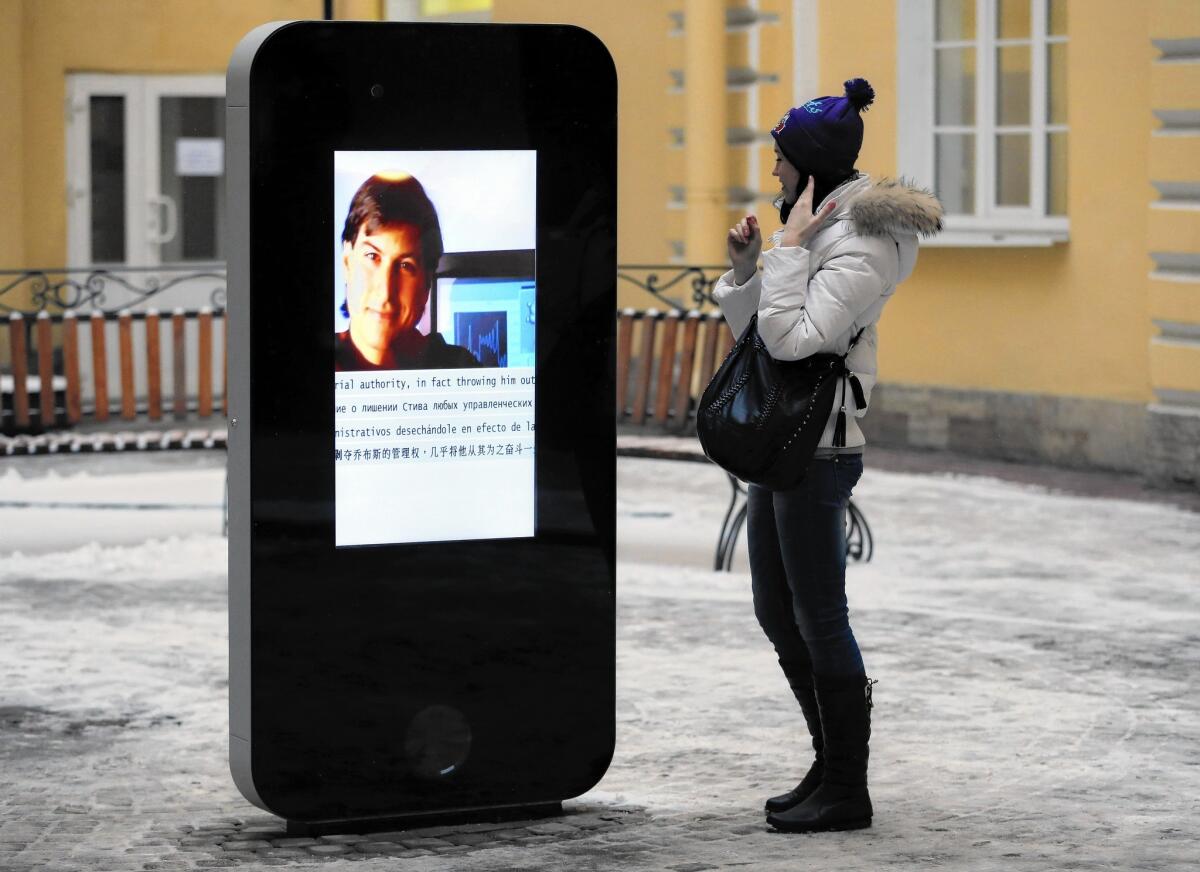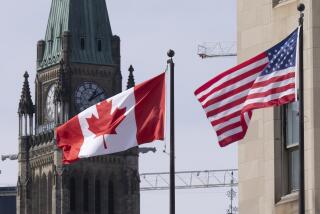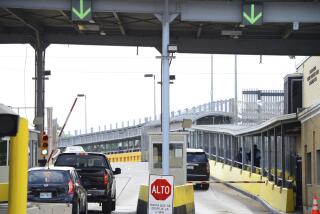Warning on returning from Ebola-affected countries

In an Oct. 24 travel warning, the U.S. State Department explains that the Department of Homeland Security will now require travelers coming from Liberia, Sierra Leone and Guinea will need to fly through New York’s Kennedy; Newark, N.J.; Washington Dulles; Chicago O’Hare or Atlanta Hartsfield-Jackson airports and undergo screening for Ebola.
Within that warning, the State Department also suggests travel insurance for those going to countries affected by Ebola. “The cost for a medical evacuation is very expensive,” it notes. “We encourage U.S. citizens traveling to Ebola-affected countries to purchase travel insurance that includes medical evacuation for EVD [Ebola Virus Disease]. Policy holders should confirm the availability of medical care and evacuation services at their travel destinations prior to travel.”
The warning is active until April 15.
Warning on travel to Mexico
Late last month, the State Department updated its Aug. 15 warning on Mexico, citing an increase in the number of Americans slain in 2013 (81, up 10 from 2012) and the number of kidnappings, up 20% from 2012. It says most of these kidnappings occurred in Tamaulipas, Guerrero, Michoacán, Estado de Mexico and Morelos states. But perhaps most alarmingly, it cites statistics from the National Institute of Statistics and Geography that say that of the “105,682 kidnappings in 2012, only 1,317 were reported to the police.” It goes on to say that “both local and expatriate communities have been victimized. Nearly 70 kidnappings of U.S. citizens were reported to the U.S. Embassy and consulates in Mexico between January and June of 2014.”
Cyclone season in South Pacific
A separate State Department alert reminds travelers that the tropical cyclone season in the South Pacific began Nov. 1 and ends April 30 and urges U.S. travelers to follow the weather. “During and after some previous storms, U.S. citizens traveling abroad encountered dangerous and often uncomfortable conditions that lasted for several days while they awaited transportation to the United States,” the alert says. “In the past, many U.S. citizens were forced to delay travel (including return travel to the United States) due to infrastructure damage to airports and limited flight availability.”
For more information on State Department warnings and alerts, go to https://www.travel.state.gov
India battling poachers
The Delhi Zoo in India incinerated more than 42,000 animal parts to discourage smuggling that has become prevalent in South Asia. Among the now-destroyed ill-gotten gains: leopard skins and rhino horns. Poaching and habitat loss threaten all species in India but especially tigers, whose numbers have declined from as many as 7,000 in the 1990s to 3,200 today.
iPhone statue removed
In St. Petersburg, Russia, a statue of the iPhone has been removed from university grounds after the chief executive of Apple announced that he is gay.
The 6 1/2-foot statue at an IT university allows users to learn about Apple founder Steve Jobs, who died in 2011. Tim Cook succeeded Jobs; in his recent essay published in Bloomberg Businessweek, Cook wrote, “I’m proud to be gay, and I consider being gay among the greatest gifts God has given me.”
A June 2013 Russian law criminalized dissemination of what it called “propaganda to minors” about “non-traditional sexual relationships.” Russia, which hosted the 2014 Winter Olympics, was repeatedly criticized before and during the Games for what Western media dubbed “anti-gay laws.”
The company responsible for the university statue reportedly said Cook’s announcement was a “public call to sodomy.”
Global travel from U.S. is up
Despite the world’s troubles, if you’re traveling abroad, you’ll have plenty of company. Bloomberg reports that about 40.2 million U.S. citizens traveled internationally in 2013, a 10% increase from the previous year, according to the International Trade Administration. Americans’ foreign travel for 2013 may surpass the record that was set in 2007, just ahead of the economic turbulence that rocked the travel industry.
Sources: U.S. Department of State, Associated Press, Bloomberg News and the BBC
More to Read
Sign up for The Wild
We’ll help you find the best places to hike, bike and run, as well as the perfect silent spots for meditation and yoga.
You may occasionally receive promotional content from the Los Angeles Times.






